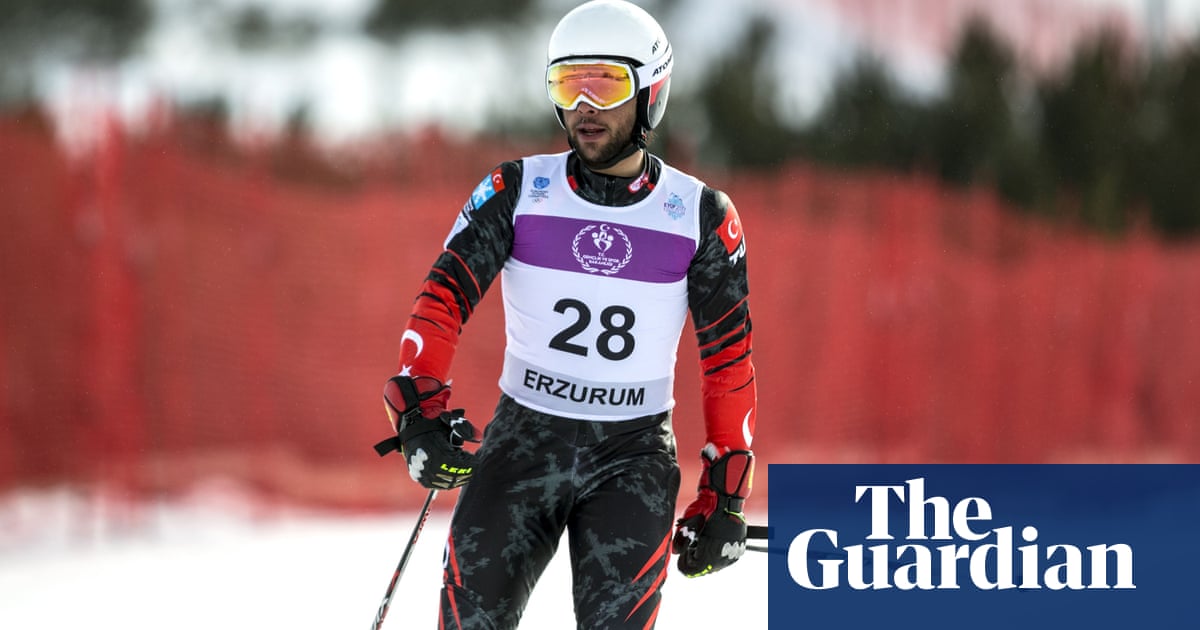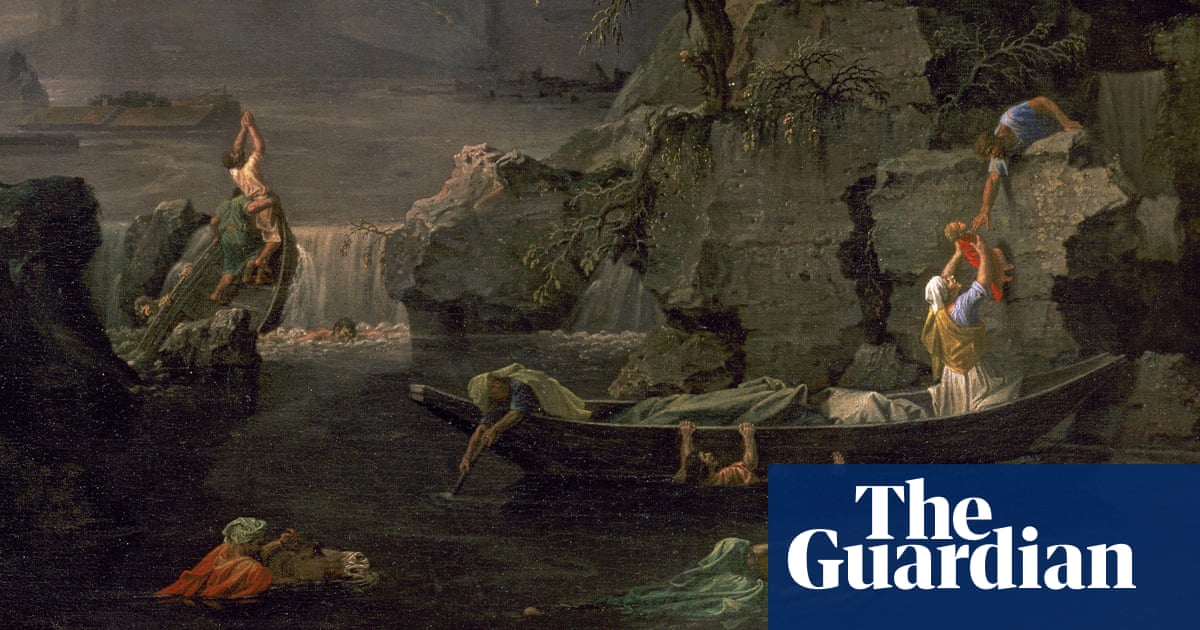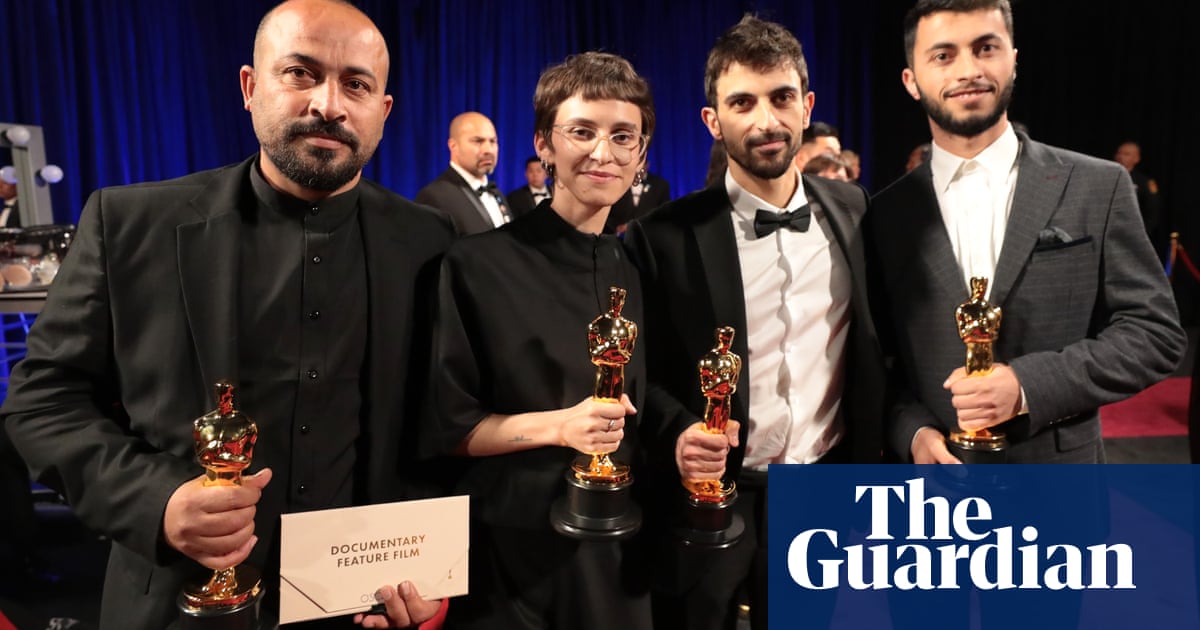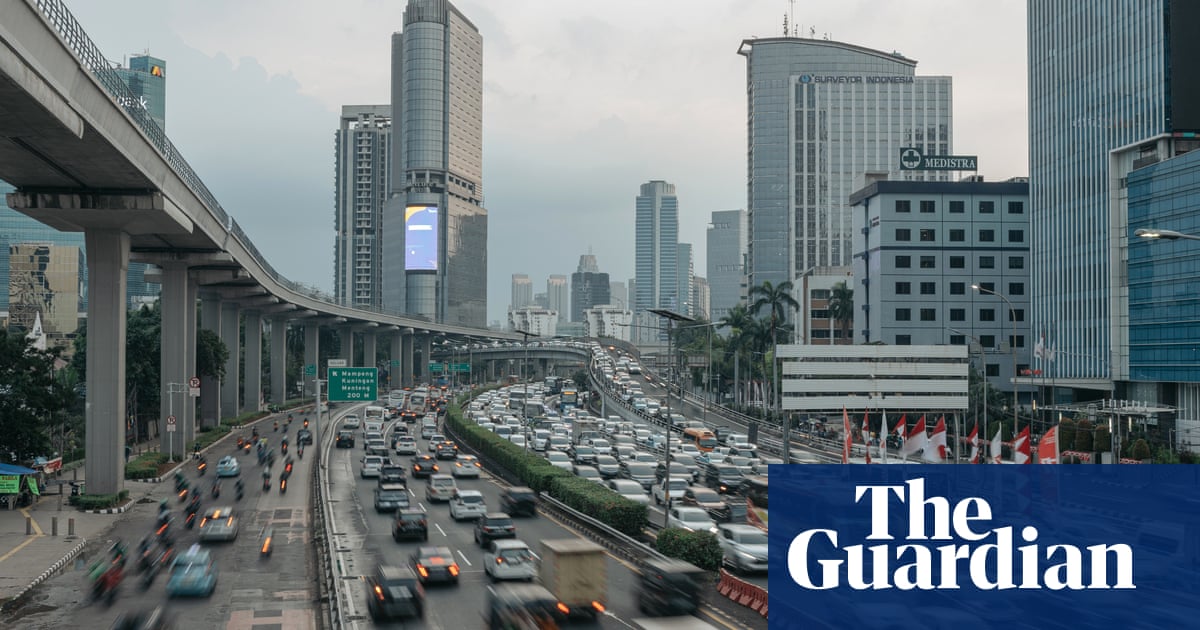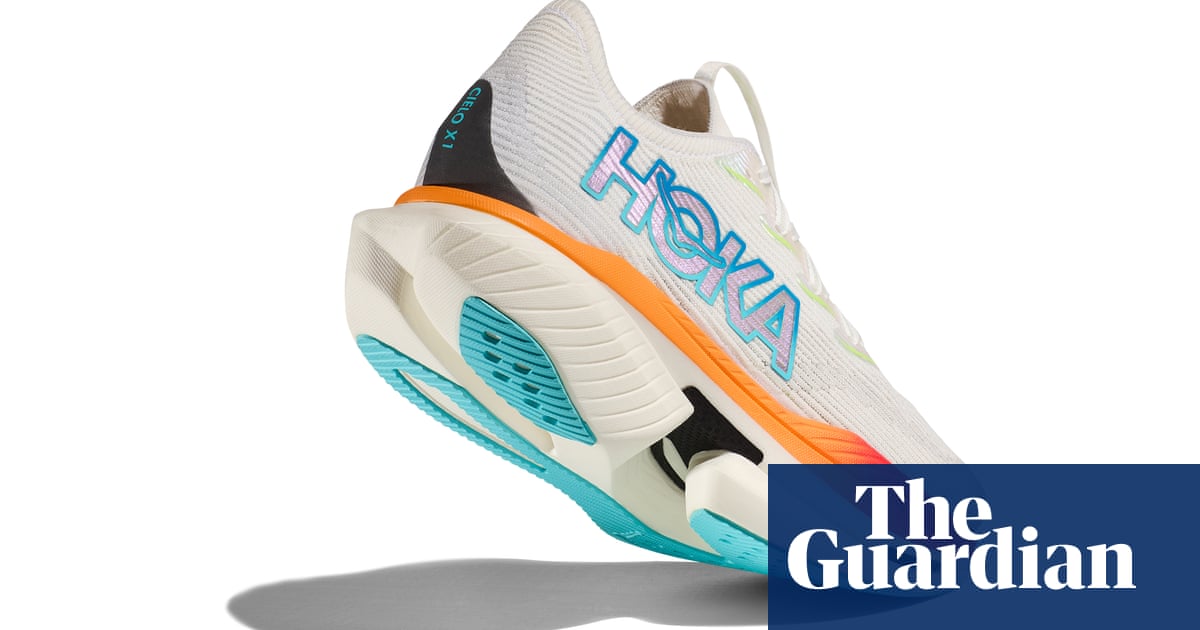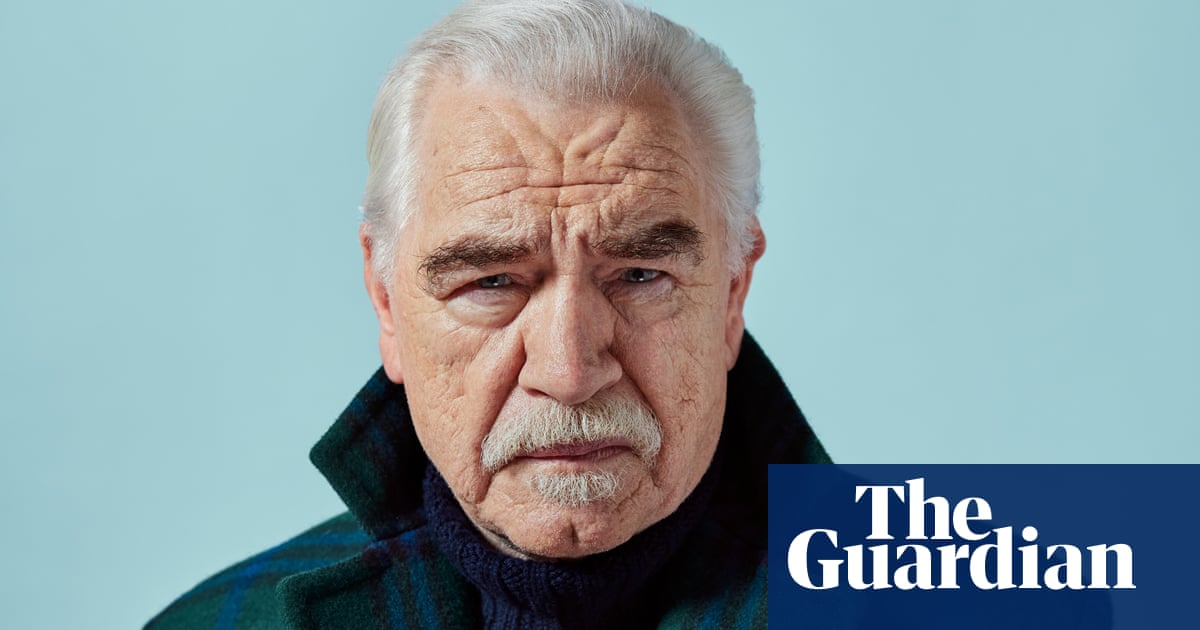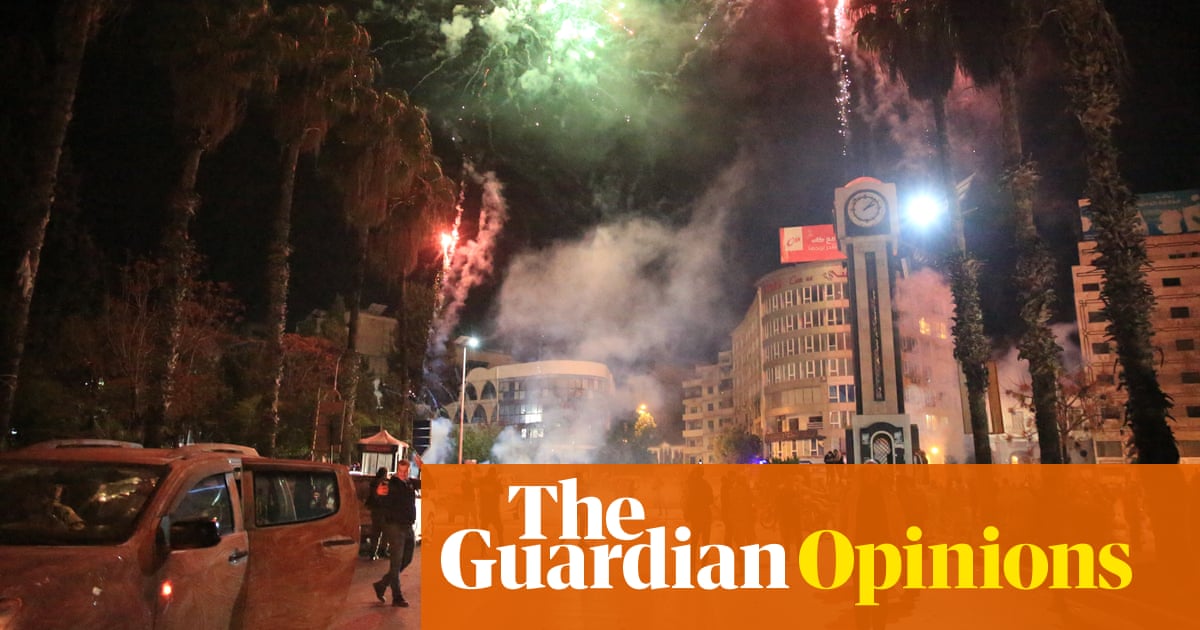As with Billie Eilish’s last album, 2021’s Happier Than Ever, Hit Me Hard and Soft opens with a state of the nation that reflects her personal experiences through the media funhouse mirror. “People say I look happy / Just because I got skinny,” she sings in a bittersweet voice as limpid, bluesy guitar rolls behind her. She wonders whether she’s already past it (she turns 23 today, 18 December), considers the trap of celebrity and laments that she’s just grist for the content mill: “The internet is hungry for the meanest kind of funny / And somebody’s gotta feed it.” Eilish has been pop’s conscience – about body image, sexualisation, industry and relationship abuse, the environment – since her teens, a role she is incredibly good at but really shouldn’t have to play. Then the song pivots, and Eilish addresses an ex, in a nightingale-like voice: “I never did you wrong.”
Culpability in a breakup, and – as with the paradox in the album title – the impossibility of identifying the villain in a complex situation are the murky themes of Eilish’s third album: sometimes anguished, sometimes vindictive, always satisfyingly messy and candid. Rather than reflect generational angst (as her debut did) or the hell of teenage fame, Hit Me Hard and Soft is insular and intimate, right down to the fantastically prosaic lyric in Lunch – about her newfound desire to intimately acquaint herself with the fairer sex – where she’s “pullin’ up a chair” and “puttin’ up my hair” as she prepares to get stuck in. Lunch is an apt title: desire nourishes and depletes across these 10 songs, and by ragged epic The Greatest (as raw as any Sharon Van Etten rager), Eilish wails in frustration about “All the times I waited / For you to want me naked”, recriminating herself and her estranged lover from breath to breath.
Those shifting power balances also play out in the arrangements, which, as with most of Eilish and her producer brother Finneas’s work, stand apart from much of the rest of pop. The processed guitar and grinding electro of Lunch channel the indie-sleaze years of Eilish’s infancy, the tightness of the sound mirroring the hyper-vigilance of a crush; at the end, her voice fractures, corroded by obsession. In the staticky, aquatic funk of Chihiro, her indignant falsetto about her love being taken from her is steadily sandblasted into oblivion by buzzing synths that billow into an alarm.
By the album’s second half, the songs themselves often have a split personality. L’Amour de Ma Vie starts out sounding beatific and nonchalant as Eilish reveals to “the love of my life” that they were no such thing, only for the track to shift and betray her breezy callousness as cover for a gaping wound: “You were so mediocre!” she blurts, her dehumanised Auto-Tune piercing an icy Weeknd-like landscape. Bittersuite slips between lilting reggae, phasing synth clouds and chintzy bossa nova, and Eilish sings in a crushed mutter about the stew of jealousy and false idealisation that would make two would-be lovers a volatile proposition to be avoided at all costs.
Even moments that appear more straightforwardly sweet are nothing of the sort. Birds of a Feather sounds both coy and forward, a euphoric devotional that spills over with feeling and could easily have soundtracked the climactic scene of a big 80s teen movie. Eilish sings that she wants her lover to stay, but her come-ons are couched in tricky double negatives – “I said I’d never think I wasn’t better alone” – and she’s got one eye on the end, whether of the romance or a more morbid conclusion. “It might not be long, but baby, I / I’ll love you ’til the day that I die,” she rhapsodises. The warped fairground music of The Diner tells a love story from the perspective of a stalker, a figure Eilish knows well.
Eilish has said that after the identity crisis of Happier Than Ever – when she bleached her hair blonde and wore a corset on the cover of Vogue – Hit Me Hard and Soft is a return to “my youth and who I was as a kid”. You hear it in her relish as she flirts with the macabre again, and in the stealthy acoustic-driven power ballad Wildflower, seemingly about a love triangle in which everyone hurt and got hurt. “Did I cross the line?” Eilish wonders. Maybe she’s the bad guy after all.

 3 months ago
151
3 months ago
151






